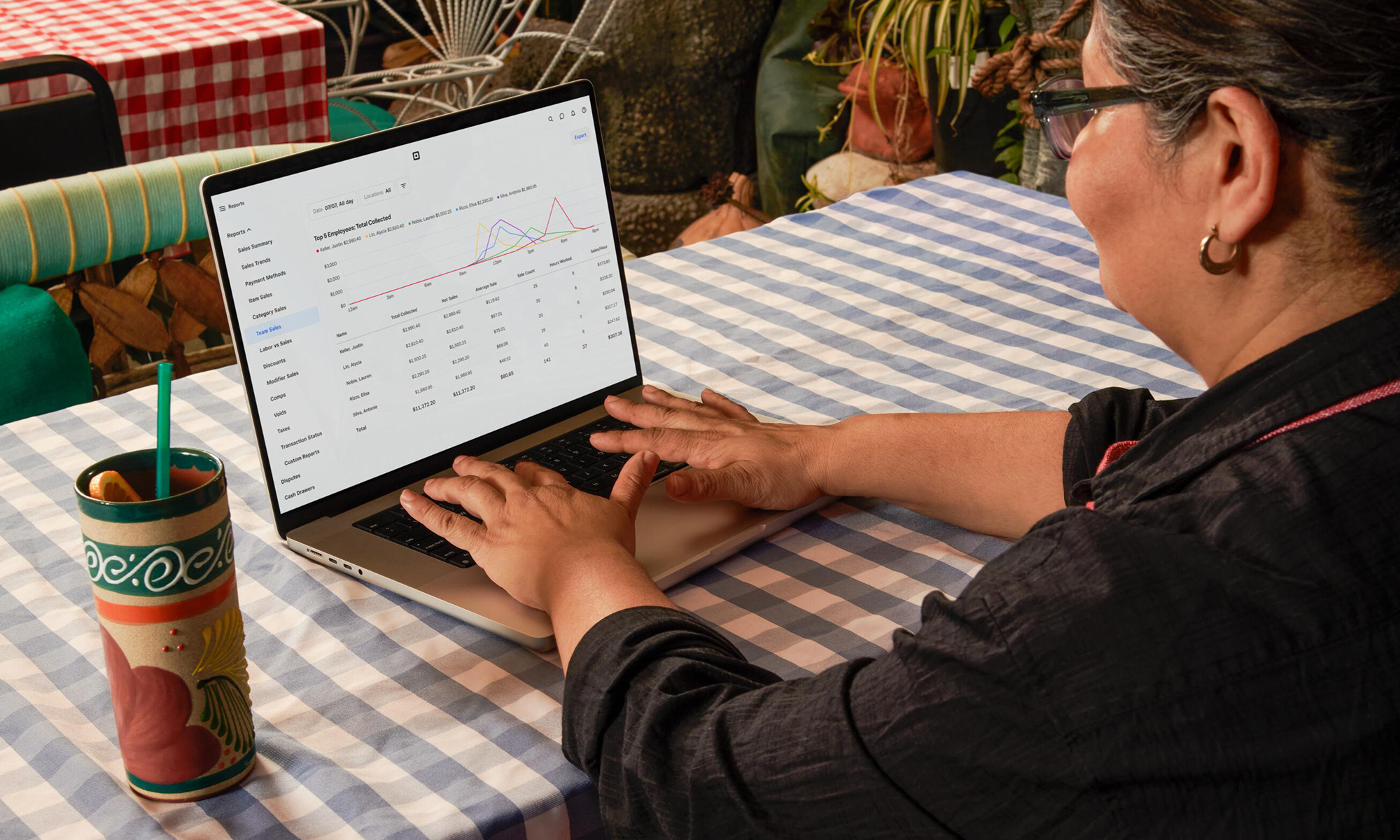Square Inc's (SQ 3.64%) first-quarter earnings provided the latest confirmation that the company was firing on all cylinders. Adjusted revenue, the best metric to judge Square's performance because it subtracts out fees the company pays to the credit card networks and banks, rose to $307 million, a 51% increase year over year. Adjusted EBITDA grew to $36 million, a 33% increase year over year. This strong top- and bottom-line growth was powered by the company's strong business-segment growth. The company's gross payment volume, the total dollar amount of all purchases facilitated through Square's payment platform, rose 31% to $17.8 billion.
| Square Metrics | Q1 2018 | Q1 2017 | Change |
|---|---|---|---|
| Adjusted revenue | $307 million | $204 million | 51% |
| Adjusted EBITDA | $36 million | $27 million | 33% |
| Gross payment volume | $17.8 billion | $13.6 billion | 31% |
| Subscription and services revenue | $97 million | $49 million | 98% |
Data source: Square Inc.
But the real story was the continued growth of Square's sticky ecosystem. Investors who still consider Square a payment processing company, may begin to rethink that assumption if they have time to study the company's first-quarter earnings. While the numbers the company reported were explosive, it was the actions the company took during the quarter -- completing two new acquisitions -- and management's comments following the earnings report that fully revealed what Square was up to: providing a comprehensive economic-empowerment platform for small and medium-sized businesses that allows them to compete with the major players in the business.

Square offers small and medium-sized businesses a suite of tools that business owners can use to run their business efficiently. Image source: Square Inc.
Why large sellers are flocking to Square
In the first quarter, Square's business with large sellers, defined as sellers with more than $500,000 in annual sales, made up 20% of the company's gross payment volume, up from 16% in 2017's first quarter. Adjusted revenue from these vendors grew even more, increasing 60% year over year. What's attracting these larger merchants to Square's platform? In the company's first-quarter conference call, transcribed by S&P Global Market Intelligence, CEO Jack Dorsey said:
[A]s we've grown upmarket, we found that larger businesses, like other sellers, choose Square because they value the cohesion of our ecosystem. More than half of our largest sellers use 2 or more Square products during 2017. This is important because as these sellers use more products, we deepen our relationship with them. And in turn, they drive meaningful growth for Square.
The larger the merchant, the more it finds value in the extra services and features Square offers. These include solutions for payroll, inventory, and loyalty rewards, helping merchants manage their back-office needs better, giving them more time to focus on selling their products and services. CFO Sarah Friar emphasized this was fast becoming one of Square's top priorities, "making sure that larger sellers think of us not just as the place you go to, to start accepting payments ... but to make sure they know of Square as the place you can go to when you have multiple occasions, when you have multiple employees and when you have a much more complex business."
Subscribing to success
Many of these features are categorized under Square's subscription and services-based revenue segment, which continues to realize amazing growth. In the first quarter, this segment's revenue exploded to $97 million, a 98% increase year over year! This quarter's revenue was primarily driven by Square Capital, Caviar, and Instant Deposit.
Square Capital, a microloan platform for Square's sellers, facilitated over 50,000 loans in the first quarter for about $339 million, a 35% increase year over year. As Dorsey and Friar noted, many of these loans would not be available to these businesses except from, perhaps, friends and family members.
Caviar is Square's food delivery and order-ahead platform, an especially attractive feature for Square's restaurant clients, which make up about 20% of Square's merchant base. This quarter, Square acquired Zesty, a food catering platform, which will fold nicely into Caviar.
Instant Deposit is a feature that allows merchants and Cash App users to instantly deposit money into their bank accounts for a nominal fee (usually 1%). In the conference call, Friar commented "[I]t's been a really good monetization engine for Cash App, and it's just been a great way to make sure our sellers are getting capital more quickly so they can invest in their business."
Even though they are usually able to negotiate lower transaction fees for payment processing, the extra services the large sellers are signing up for are also buoying the company's margins. Yet, as Square signs up more and more large merchants, its transaction-based profit margin, also known as its take rate, is actually rising, not declining. This quarter it was 1.09%, up from 1.07% in last year's first quarter.
Fair and Square
If Square is just a company providing payment processing services to small businesses, it is probably wildly overvalued at today's prices, even given its growth rates. Payment processing, for all intents and purposes, is a service that is easily commoditized. As long as the service enables its merchants to accept card and mobile payments in a reasonably competent manner, they'll probably be happy enough and go with the lowest bidder. Any company providing a service so easily provided not only probably does not deserve a premium valuation to the market, it is also an investment best to be avoided.
But I don't think that's what Square is. Instead, as the popularity of its other services shows, I believe it is important to view Square as an economic-empowerment platform that enables small and medium-sized businesses to compete with the titans in their industry. In other words, it makes the playing field fair and... square.
As Square continues to add these types of services to its platform, it should be recognized not just as a payment processing service, but a one-stop shop where small businesses can go to easily and affordably fulfill all their back-office needs. As a platform with that type of potential, Square might just be undervalued.






